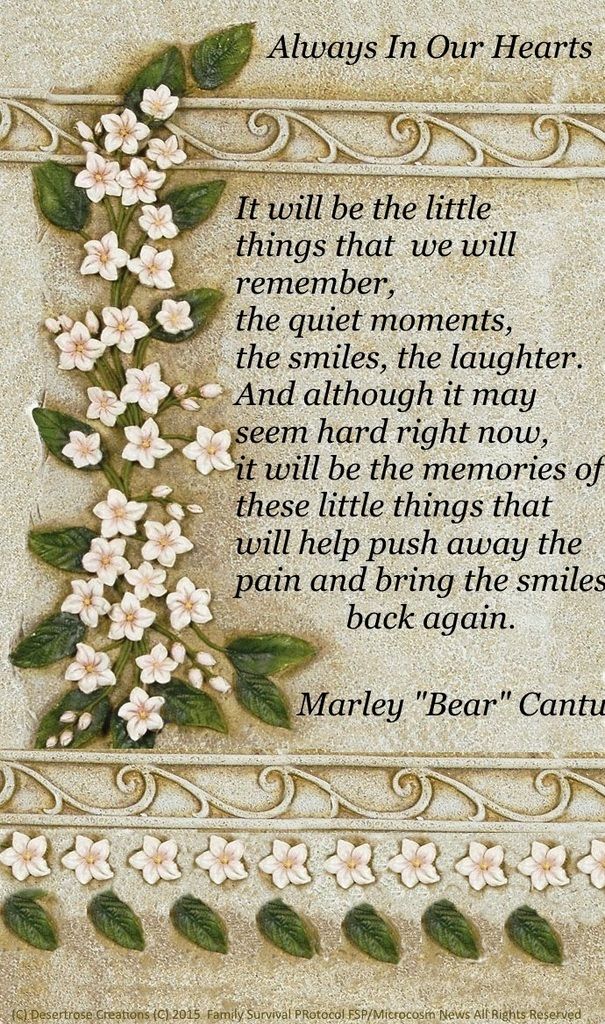
By
confronting our scarier emotions — vulnerability, fear, and shame — we
can learn to lead a more “wholehearted” life. Brené Brown shows us the
way.
The toughest moments in life rarely feel like gifts.
Whether it’s losing a job, struggling through a foundering relationship,
or witnessing the death of a loved one, experiences that bring us to
our knees tend to trigger our defenses, not our wisdom.
And yet,
when we humble ourselves enough to open up during awful times —
accepting that we’re vulnerable rather than lashing out or collapsing in
despair — we’re primed to receive “the gifts of imperfection,” explains
best-selling author Brené Brown, PhD, LMSW.
These rewards —
courage,
compassion, and connection — are not given to the faint of heart, notes
Brown, a research professor at the University of Houston Graduate
College of Social Work who has spent more than a dozen years studying
vulnerability, worthiness, and shame.
It’s tough stuff, she
believes, to embrace vulnerability — what she describes as “the core of
all emotions and feelings.” Yet, in her view, this is a path that leads
straight to heartfelt joy.
“Don’t get me wrong. I’d love to skip over the hard stuff, but it just doesn’t work,” she writes in
The Gifts of Imperfection.
“We
don’t change, we don’t grow, and we don’t move forward without the work
[of being vulnerable]. If we really want to live a joyful, connected,
and meaningful life, we must talk about the things that get in the way,”
she notes. (For more on this, see “The Myth of Vulnerability,” below.)
So
how do we confront the obstacles to meaning and intimacy? How do we
practice vulnerability without crumpling or becoming dependent? What
does it mean to live life “wholeheartedly,” as Brown puts it, embracing
not just our successes but also our failures as opportunities for
growth and connection?
Brown has devoted her career to helping people answer these questions. In her popular books —
I Thought It Was Just Me (But It Isn’t), The Gifts of Imperfection, Daring Greatly, and her most recent,
Rising Strong — she reminds us that getting real with difficulty means we can get real with anything.










